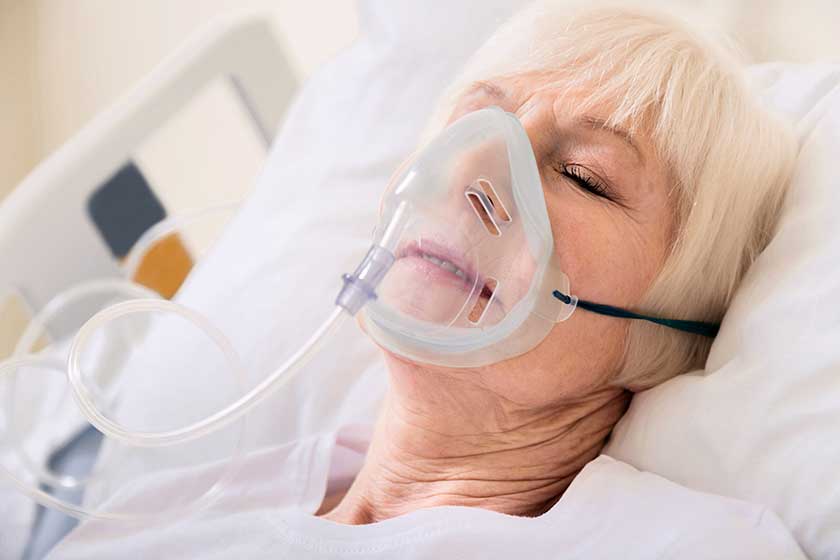Respiratory emergencies are scary, especially when you’re unsure what’s happening and why. Many factors can affect your ability to breathe as a golden age adult living in assisted living facilities in Cary, NC, or a nursing home. Respiratory emergencies are common among seniors because our bodies become more susceptible to infections and other respiratory issues as we age. Golden-age adults account for more than one-third of all medical emergencies that occur at home. If you notice that one of your loved ones is having trouble breathing, it’s essential to act quickly—if left untreated for too long, these medical problems can result in permanent damage or even cause death! Assisted living facilities in Cary, NC, are equipped with the resources necessary to manage respiratory emergencies in adults in their golden years and ensure they receive the best possible care.
What Is A Respiratory Emergency?
Respiratory emergencies are a common concern for adults in their golden years and their families, especially during winter. Adults in their golden years are at risk of developing respiratory illnesses because they are more likely to have chronic medical conditions, such as heart disease or diabetes, that can make them susceptible to infections.
A respiratory emergency is any situation where you’re concerned about your loved one’s breathing pattern or ability to breathe correctly. This may be due to swelling in their throat, shortness of breath (dyspnea), wheezing sounds while inhaling air through their nose or mouth-or any combination thereof!
Causes Of Respiratory Emergencies In Seniors
There are several causes of respiratory emergencies in aging loved ones. Some of the most common include:
- Heart failure, which can be a contributing factor in many types of respiratory distress. As the heart cannot pump blood as well as it used to, one may experience pulmonary edema or fluid buildup around the lungs and tissues. This can lead to shortness of breath and fatigue when performing everyday tasks like walking or climbing stairs.
- Congestive heart failure (CHF) is another common cause of respiratory distress among aging loved ones because it results in fluid retention throughout your body and within the lungs. This causes increased pressure on the chest wall, making breathing difficult for some patients suffering from this condition.
When Should You Be Concerned About A Senior’s Breathing?
- If you notice that your loved one is having trouble breathing. This could be indicated by shortness of breath, gasping for breath, or wheezing.
- If they have a cough that doesn’t go away.
- If they have chest pain and/or difficulty breathing. Chest pain is usually caused by coronary artery disease, which occurs when arteries in the heart become clogged with cholesterol-rich plaque deposits called atheromas (atheromatous plaques). This can lead to heart attacks if left untreated; however, it’s often treatable through medication and lifestyle changes like dieting and exercising regularly!
- Fever may also indicate respiratory issues and other illnesses, such as pneumonia-so make sure you keep an eye out for this symptom too!
What Can Assisted Living Communities Do Help?
Assisted living communities are ideally suited to help aging loved ones with respiratory issues. The care teams are trained on how to respond in the case of an emergency, and they have access to equipment that can help you breathe easier and provide basic first aid until EMS arrives.
In addition, assisted living communities often have nurses who can monitor your condition and administer medication when necessary. This allows caregivers more time off from their jobs, allowing them more time with their families while still providing care for their loved ones.
They also try to provide activities where residents can meet other people and socialize with others in their community who have similar interests – this helps reduce isolation and can make them depressed (which often leads to poor health).
Conclusion
We hope this post has given you a better understanding of respiratory emergencies in aging adults and how assisted-living communities can help. If you have any questions or concerns about your loved one’s breathing, please don’t hesitate to contact us!







